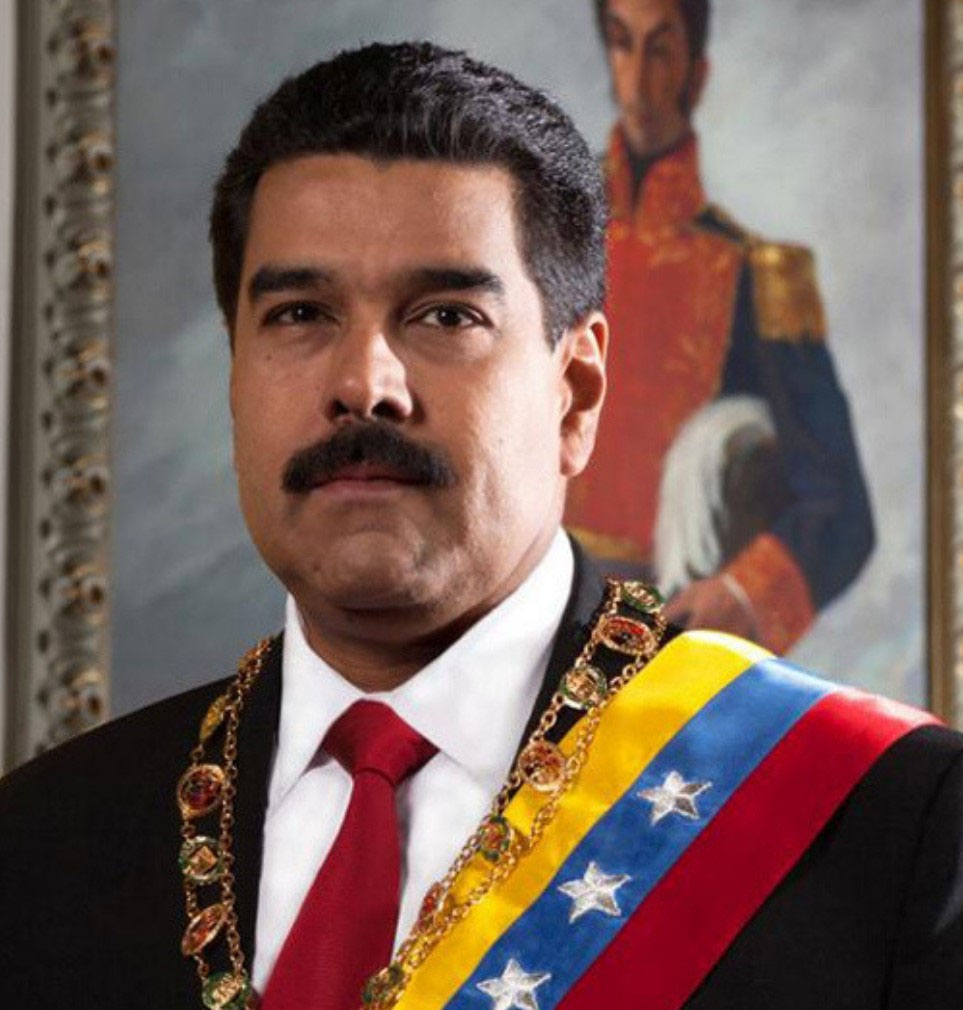Venezuelan President Nicolas Maduro yesterday reiterated that his country does not recognize the jurisdiction of the International Court of Justice (ICJ) in the border controversy with Guyana.
This declaration came after members of his government celebrated that the ruling yesterday of the ICJ did not suspend the upcoming December 3 referendum.
Guyana had applied to the ICJ to not have the referendum carried out in its present form and the court yesterday said that Caracas can take no step to alter this country’s control over Essequibo. There have been fears here that question five in the referendum was tantamount to the annexation of Essequibo.
The ICJ ruled yesterday that “Pending a final decision in the case, the Bolivarian Republic of Venezuela shall refrain from taking any action which would modify the situation that currently prevails in the territory in dispute, whereby the Co-operative Republic of Guyana administers and exercises control over that area”.
Maduro was quoted in Venezuelan newspaper El Nacional as saying, “We ratify our historical position of not recognizing the International Court of Justice as a mechanism to resolve the controversy of our Essequibo. They will not be able to subvert the right of the Venezuelan people to express themselves through voting”.
Maduro argued that the ICJ’s ruling did not address Guyana’s request for the referendum questions to be amended.
“Gone are the claims of the Government of Guyana in wanting to interfere in a sovereign and constitutional act of our country,” he was reported as saying.
Despite the ICJ’s ruling Caracas has declared plans to forge ahead with the consultation.
Meanwhile, Independent Presidential Candidate for Venezuela Antonio Ecarri yesterday publicly declared the ICJ measure a non-binding fraud.
“I am going to tell the International Court of Justice what we Venezuelans think about it: fold up your decision, fold it well, and put it in your pocket. The Venezuelans will not comply with decisions that are non-binding in the International Court of Justice,” he was quoted by El Nacional as saying.
The presidential candidate continued that, “in the face of the ICJ’s fraud, it’s time to unite, more than ever, all Venezuelans in fierce defense of the territory of Essiquibo”.
The article further reported Ecarri as stating “In Venezuela, by legal tradition, since Isaías Medina Angarita, since Rómulo Betancourt, since Raúl Leoni, and with the express mandate of President Luis Herrera Campíns (…) and now the government of Nicolás Maduro and Hugo Chávez, no Essequibo is delivered here”.
According to the National Electoral Council of Venezuela, more than 20 million Venezuelans are eligible to participate in tomorrow’s consultative referendum in defence of what they refer to as “Guayana Esequiba”. Tomorrow, more than 15,000 voting centres with some 28,000 polling stations are expected to be available.
Meanwhile, the Executive Vice President of Venezuela, Delcy Rodríguez, reported at a press conference that the ICJ rejected Guyana’s request to modify questions 1,3 and 5 of the electoral consultation.
“And I want to be very exact about what Guyana requested and what the ICJ decided. What Guyana requested , a baseless request: that Venezuela not hold the consultative referendum in its current form, that it does not include questions 1, 3 and 5, in conclusion, Guyana went for the wool and came out sheared. After examining the terms of Guyana, the measures that Guyana requested were rejected (…) the truth has triumphed , the one we have maintained, the defence we have defended before the ICJ,” she asserted




